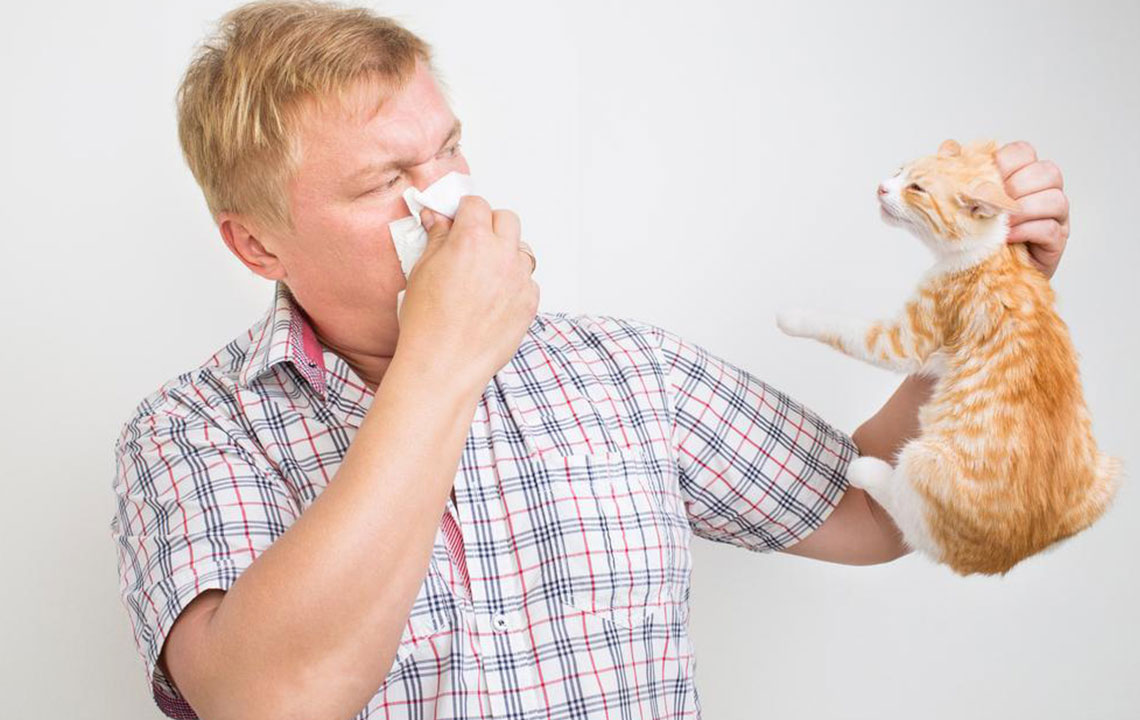Allergy Types and Key Symptoms You Should Know
Learn about common allergy types, their symptoms, and management tips. This guide covers food, pollen, insect, and pet allergies, helping you recognize signs and seek proper care for safer living.

Allergy Types and Recognizable Symptoms
Around one-third of people worldwide experience allergic conditions, each presenting unique symptoms. Allergies occur when the immune system overreacts to harmless substances, called allergens, interpreting them as threats. This response releases histamine, causing allergy symptoms. In serious cases, allergic reactions can threaten life.
Common Allergens
Various substances can trigger allergies, with typical ones being foods, pollen, and pet dander. These allergens usually enter the body through eating, skin contact, or breathing.
Food-Related Allergies
Food allergies happen when the immune system creates antibodies against certain foods. Common culprits include eggs, dairy, soy, shellfish, peanuts, and tree nuts.
Signs of food allergies include:
Hives
Itchy sensations in ears, throat, or mouth
Vomiting
Swelling around lips, eyes, or tongue
In severe cases, anaphylaxis can develop, characterized by:
Breathing difficulties
Swallowing issues
Seek immediate medical help if these symptoms occur. Managing exposure and consulting healthcare providers are crucial. Mild responses may be treated with antihistamines, while emergencies might need adrenaline injections.
Pollen Allergies
Often called hay fever, pollen allergy affects nearly 30% of people. It happens during seasons when plants, trees, and weeds release pollen for pollination. These tiny particles can irritate the respiratory system. Symptoms often include:
Swollen eyes
Runny nose
Sneezing
Itchy nose
Watery, red eyes
Minimize outdoor exposure during high pollen seasons, wear masks, and keep hair covered. Treatments like nasal sprays, antihistamines, and decongestants can help, under medical advice.
Insect Sting Allergies
Reactions to insect stings, bites, or venom trigger insect allergy symptoms. Common insects involved include wasps, yellow jackets, hornets, bees, ants, bed bugs, and mosquitoes. Symptoms include:
Pain, swelling, or redness at sting site
Nausea or vomiting
Serious reactions such as anaphylactic shock may cause breathing issues, fainting, and blood pressure drops. Most insect allergies resolve naturally, but persistent symptoms may require topical treatments, pain relief, or tetanus shots.
Animal Dander Allergies
Allergies to proteins from animal skin, saliva, or urine often come from cats and dogs. Symptoms include:
Runny nose
Cough
Postnasal drip
Itchy or watery eyes
Facial discomfort and skin irritation
Reducing contact with pets helps. Medications like nasal sprays, antihistamines, or bronchodilators may be used. Allergy shots or immunotherapy can offer long-term relief for pet owners.
Understanding allergy symptoms and seeking professional guidance are essential steps in managing allergies effectively and avoiding serious health risks.


